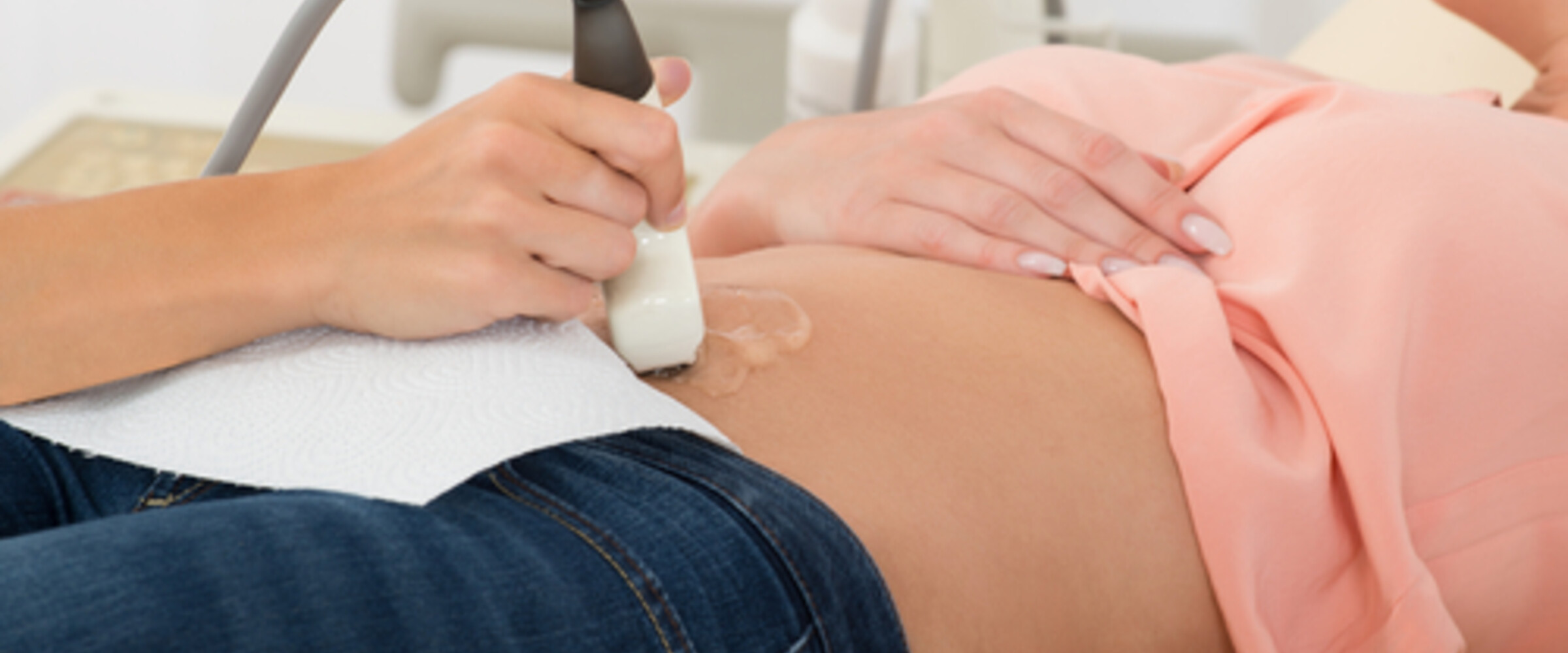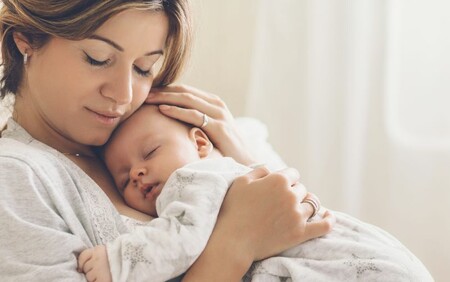
What's The Right Age For Fertility Testing?
It's well known that fertility decreases in women as they grow older and perhaps lesser known that age has an effect on male fertility too. But with many of us now spending our twenties and early thirties studying, travelling and building careers, reproductive health is often the last thing on our minds. Unfortunately, no matter how young we feel, the depletion of our fertility as we age is inevitable. With this in mind, it makes sense to utilise modern fertility testing to empower ourselves with the knowledge we need to safeguard our fertility and make informed plans for our future.
So, what fertility tests are available to me?
Female Fertility Tests
AMH Test
AMH or anti-müllerian hormone levels can be used as an indicator of a woman's ovarian reserve, i.e. the number of eggs she has left. This is measured by a simple blood test. Though the AMH test can act as a good indicator of fertility, it's important to remember that it tests for egg quantity rather than egg quality so it doesn't show the whole picture.
Ovulation Test
This is a straightforward blood test that can determine if you're ovulating normally.
Prolactin Test
Prolactin is a hormone produced in the pituitary gland - an imbalance of which can indicate fertility issues. Prolactin levels can be assessed with a blood test.
Thyroid-Stimulating Hormone (TSH) Test
Abnormal TSH levels can negatively affect fertility. A simple blood test can measure TSH levels.
Ultrasound Scan
An ultrasound scan can detect the presence of polyps, fibroids or ovarian cysts which may impair fertility.
Saline Infusion Sonohysterography
An ultrasound test performed after a saline solution has been infused into the uterine cavity and fallopian tubes via a tiny tube inserted to the cervix. The saline solution allows greater visibility than with a standard ultrasound scan.
Male Fertility Tests
Men's fertility tests are primarily conducted via a semen analysis. The semen sample can be produced at our clinics where our scientific team will analyse the sample and relay back the results to the patient.
What's the best age to get these tests at?
For your own peace of mind, it's best to get fertility testing done in your twenties, even if you're not actively trying to conceive. If you're under 35 and have been trying to conceive for over a year with no success, we would recommend meeting with a fertility specialist to arrange some fertility tests. For couples where the woman is over 35, it's best to have fertility tests after 6 months, if you haven't yet conceived.
What can I do if my results aren't good?
There are a number of options available to assist those with impaired fertility to conceive. Scientific data shows that these treatments tend to be more successful in younger patients so it's important to do fertility testing at a young age so you can plan accordingly.
Options include:
If you're considering fertility testing you can find out more about the options available by booking an appointment or sending us an enquiry.

